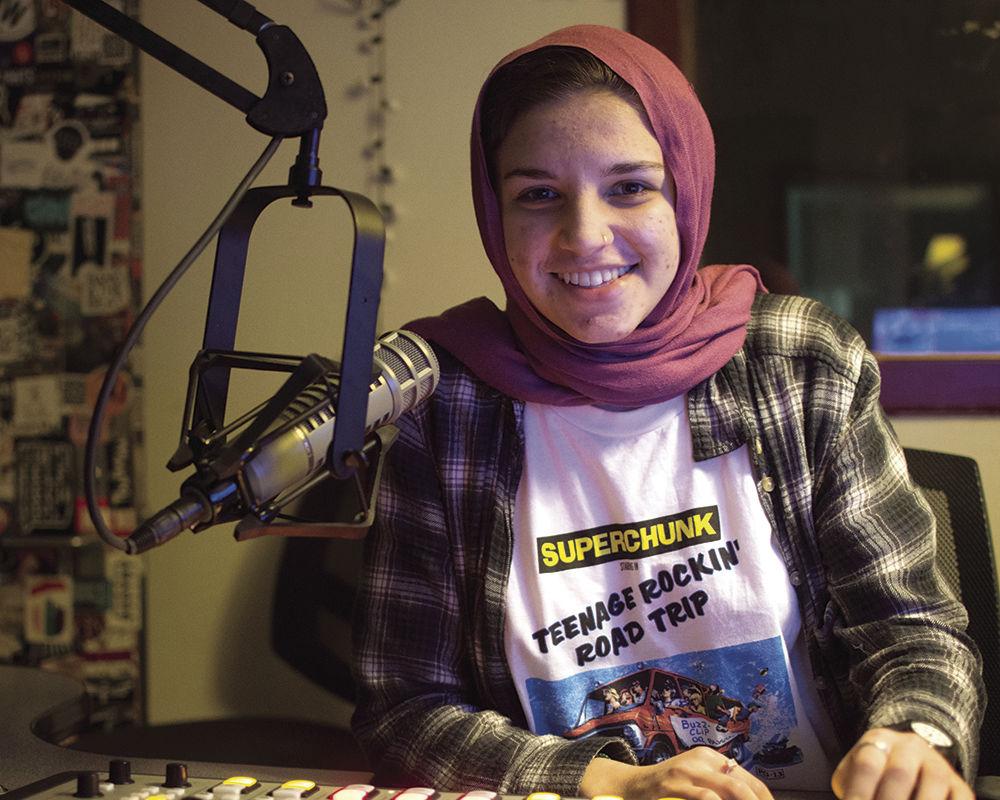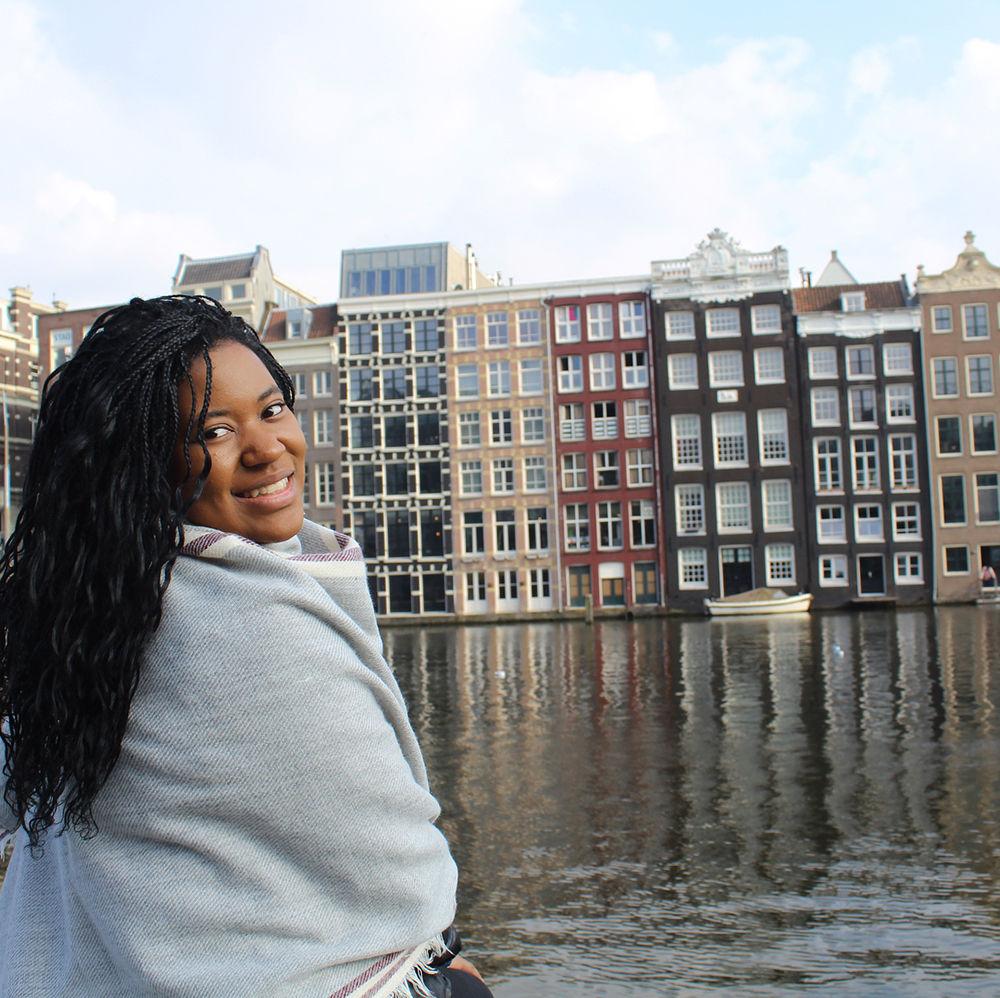Two NC State students were named WomenNC Scholars for the 2018-2019 year by WomenNC, a local non-profit organization that seeks to advance women’s human rights and gender equality.
The two recipients were Sara Darwish*, a third-year studying social work and Arabic, and Jada Hester, a third-year studying business administration and international studies.
Darwish and Hester will participate in the Juanita M. Bryant United Nations Commission on the Status of Women (CSW) Leadership Training Program in New York in March. They will also present their research and findings at WomenNC’s 10th Annual Local-to-Global Forum on Feb. 28.
Technician: What issue have you been researching?
Sara Darwish: I am researching menstrual equity and access to menstrual hygiene products but specifically looking at that within the lens of public higher education. In my research, I used NC State as a case study and did a survey with interviews to kind of get a grasp on how being a menstruating person impacts your education and then what a lack of access to the resources you need as a menstruating person can do to affect your educational experience and psychological experience with things like stigma.
Jada Hester: I am researching the awareness and the potential long-term effects of a racialized wage gap within Durham, North Carolina.
T: How did you conduct your research?
Darwish: I did an anonymous survey, and it was available to any student on campus that was 18 years of age or older and was a menstruating person. That was sent out through different channels like the Student Body President’s email list and the Women’s Center, so we made sure we got a lot of different people. I did two interviews which were more in depth and more quantitative. This was to look at the perspectives of two campus leaders who are kind of leading this movement and creating more access to these products on campus and to get their perspective on what recommendations we can make either to the university or on a larger policy level to make access easier and make the experience better for people on campus.
Hester: I compiled a literature review from available literature on the national level, state level and county level on the general gender wage gap, and I saw a discrepancy there among racial minorities. From there, I compiled a survey with my mentor from the Research Triangle Institute and we sent it out via resources on the Durham county website, so companies and organizations from the private and public sector. I went through those survey results and combined it with what I found from the literature review, and then I also did a couple of interviews via phone with the Durham Women’s Commission and was in contact with the Durham Mayor’s Council, and that is how I got the majority of my research.
T: What policy recommendations do you hope to develop?
Darwish: The policies can range from things that are small on our campus at NC State: For example, making menstrual products available in machines in all of the bathrooms or providing them free of cost to high traffic areas such as Talley or D.H. Hill. It ranges from the smaller education level to bigger ones such as looking statewide at what the tax is on menstrual products and looking at what it would mean to get rid of that tax and how that would impact menstruating people across the state. It is really about using the information we have gathered through our research and trying to apply that in a real way so that the research does not just sit on a shelf somewhere.
Hester: I developed between five to ten policy recommendations. Some of them were built on the idea of reforming the curriculum in Durham schools to reflect civic needs of women in the workforce, to get in contact directly with female legislators, to redraft a census report on a more racialized basis, to provide annual reports for the progression of the gap and to propose a Durham women of color coalition and a women’s commission mentorship program.
T: What excites you the most about being named a WomenNC Scholar?
Darwish: I have really enjoyed this research process and seeing that someone that has impacted my life on a personal level as a menstruating person is an issue that a lot of people are facing. I have really enjoyed being able to interact with people and get their insight on this issue. I am obviously looking forward to presenting at the United Nations. One of my goals ever since I was really young was to do work with the UN.
Hester: I am really excited to have the opportunity to represent my school and my community and get the opportunity to interact and contribute to women that are progressing the issue that we are facing today on a global scale. I was really excited to be able to work in something that is business related but also can be applicable on a global scale because that ties into my international business major. I have also made a lot of great friends. The other scholars have been absolutely wonderful and our mentors have been really great, so this has also been a wonderful networking opportunity as well.
After graduation, Darwish said she plans on attending law school and doing policy work internationally. Hester is less certain about her plans, but she is considering graduate school in a variety of fields such as global communication, business, law and international studies. Ultimately, she said that she would be motivated by women’s causes regardless of her eventual chosen course.
Editor’s Note: Sara Darwish is a former member of Technician’s editorial board.
Jada Hester, a fourth-year studying international studies and business administration, poses for a picture in Amsterdam.









